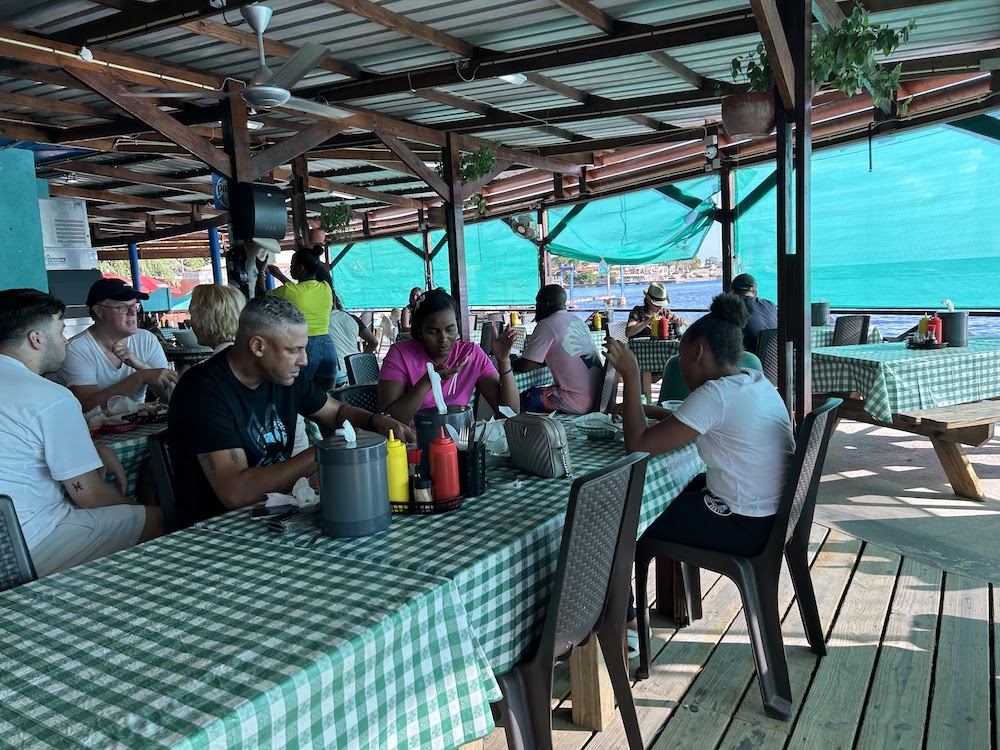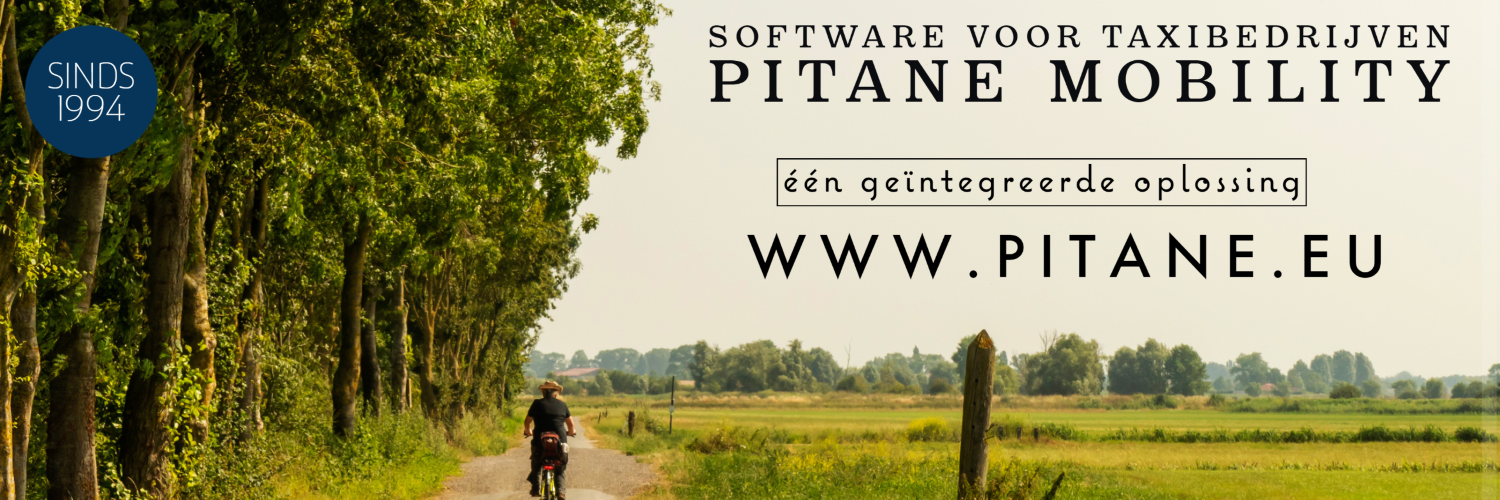Large travel organizations have taken steps to make their offerings more sustainable, but they are usually bound by commercial interests that prevent them from focusing on small-scale travel.
The notion of 'sustainable travel' causes considerable confusion. Tourists themselves have an important role to play here. Many would be surprised to discover how a small adjustment in their travel plans, such as choosing local transportation or avoiding tourist traps, can contribute to a better world. While many associate sustainability with eco-friendly transportation, the concept goes much further. Sustainable travel calls for a very different approach that embraces people, animals and nature. But despite good intentions, travelers encounter practical obstacles, such as the need for air travel to reach certain destinations. Companies such as TUI, which have taken steps to promote sustainability, find it difficult to maintain this philosophy, especially when the holidaymaker enters Schiphol.
TUI, with its 680 sustainably labeled accommodations, recognizes that the road to sustainability is long and winding. They adhere to quality marks recognized by the Global Sustainable Tourism Council and focus on both environmental and social aspects such as water and waste management and stimulating the local economy. But these are just drops in the ocean when we look at the bigger picture.
The sustainability journey starts upon arrival at the airport, where you are greeted by rows of roaring diesel buses. This discrepancy between marketing and reality is difficult to ignore. And if you decide to rent an electric car at your destination, such as Willemstad in Curaçao, you will notice that the infrastructure bypasses your plans. Bridging the 35 kilometers to Westpunt is an almost impossible task with an electric car.
ethical issues
There are also ethical issues that fall under the radar. A camel ride in Tunisia offered by locals may violate animal welfare guidelines. TUI has been following since 2013 international guidelines and was the first travel company to stop offering elephant rides. Yet gray areas remain in the definition of what is truly 'sustainable'.
Despite aerodynamic improvements in aircraft that lead to less fuel consumption, flying remains a tricky issue. Alternative travel options such as trains are better for the environment. A train journey emits 7 to 11 times less CO₂ than an air journey and offers additional benefits such as no parking fees and no two-hour waiting time at an airport.
Although the world is slowly but surely taking green steps, with more accommodations offering charging facilities and an increase in the popularity of electric cars, the journey to sustainable tourism is still far from complete. There is an acute need for a nuanced understanding of what sustainable travel really means, ranging from ethical choices to choosing small-scale, locally owned accommodations.

Instead of dinner at a chain restaurant, dinner at a local restaurant can make a world of difference to the community you visit. Not only do you get to know the local cuisine, but your money goes directly to people who feel the difference of every tourist euro.
And let's not forget about the employees in these local businesses. They often earn more fair wages in smaller, local businesses than in large international chains, where profits are likely to go to a headquarters in another country. Additionally, small local businesses are usually more likely to adopt sustainable practices simply because they have a more direct connection to the community.
The complexity of sustainable travel is not limited to the major players in the travel industry such as TUI. Individual travelers also experience the gap between sustainable ideals and practical reality. For example, cycling holidays in the Netherlands or train journeys through the picturesque Swiss landscape are often cited as less environmentally harmful alternatives. These options are attractive, but they require a change in mindset. For many, the idea of a 'dream vacation' is still synonymous with exotic, far-flung destinations.
nature-friendly
Canoeing in the Swedish archipelago can be a low-impact, nature-friendly alternative to a Caribbean cruise. Not only will you leave a smaller carbon footprint, but you will also contribute to local economies that may be more dependent on tourism than the major ports visited by cruise ships. In Spain, there are farms that offer 'agrotourism', where tourists can learn about sustainable farming practices while enjoying a rustic holiday.
Even in popular European destinations such as Barcelona, where overtourism is a known problem, more sustainable choices can be made. Instead of staying in a big hotel in the city center, you could opt for a bed-and-breakfast run by locals. This contributes to a fairer distribution of tourism revenues and allows travelers to have a more authentic experience.
travel consciously
There are also more and more apps and online platforms that help you make sustainable choices. Websites like “The Good Trade" or "EcoCult” offer numerous tips and destinations for the conscious traveler. From eco-friendly resorts to guides to sustainable eating and shopping, the information is available for those willing to do a little research. And yet there are larger structural problems that need to be addressed. Sustainability in tourism is not just the responsibility of individual travelers but requires an industry-wide approach.
From airlines and oil companies to local governments, all parties must join forces to make tourism more sustainable. While both large organizations such as TUI and individual travelers are taking steps in the right direction, the industry as a whole must evolve at an accelerated pace to encompass the breadth and depth of sustainability that is truly necessary.



